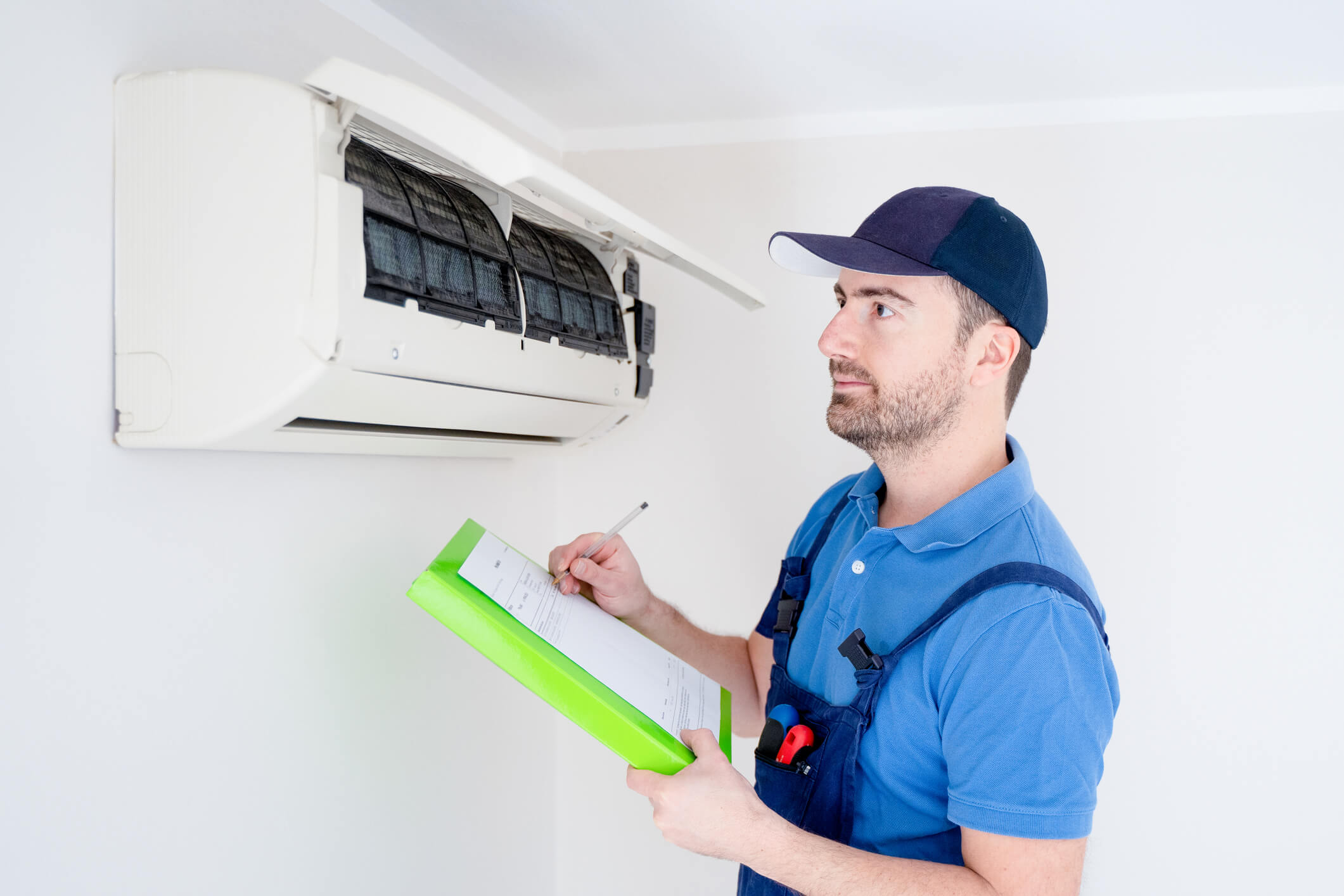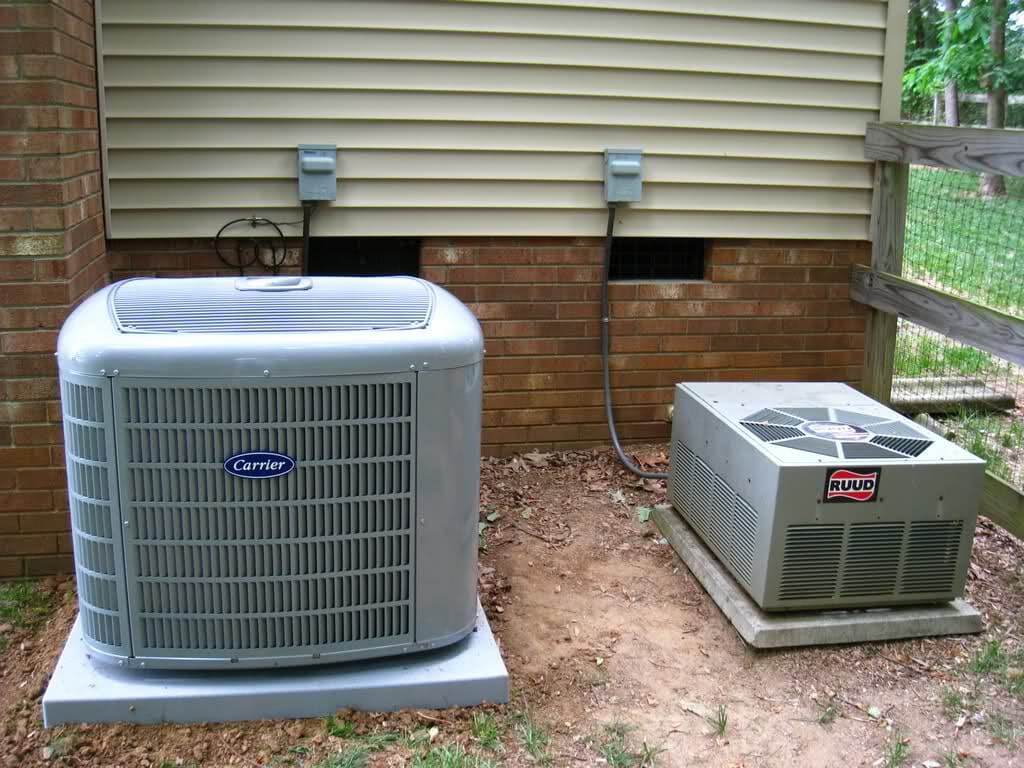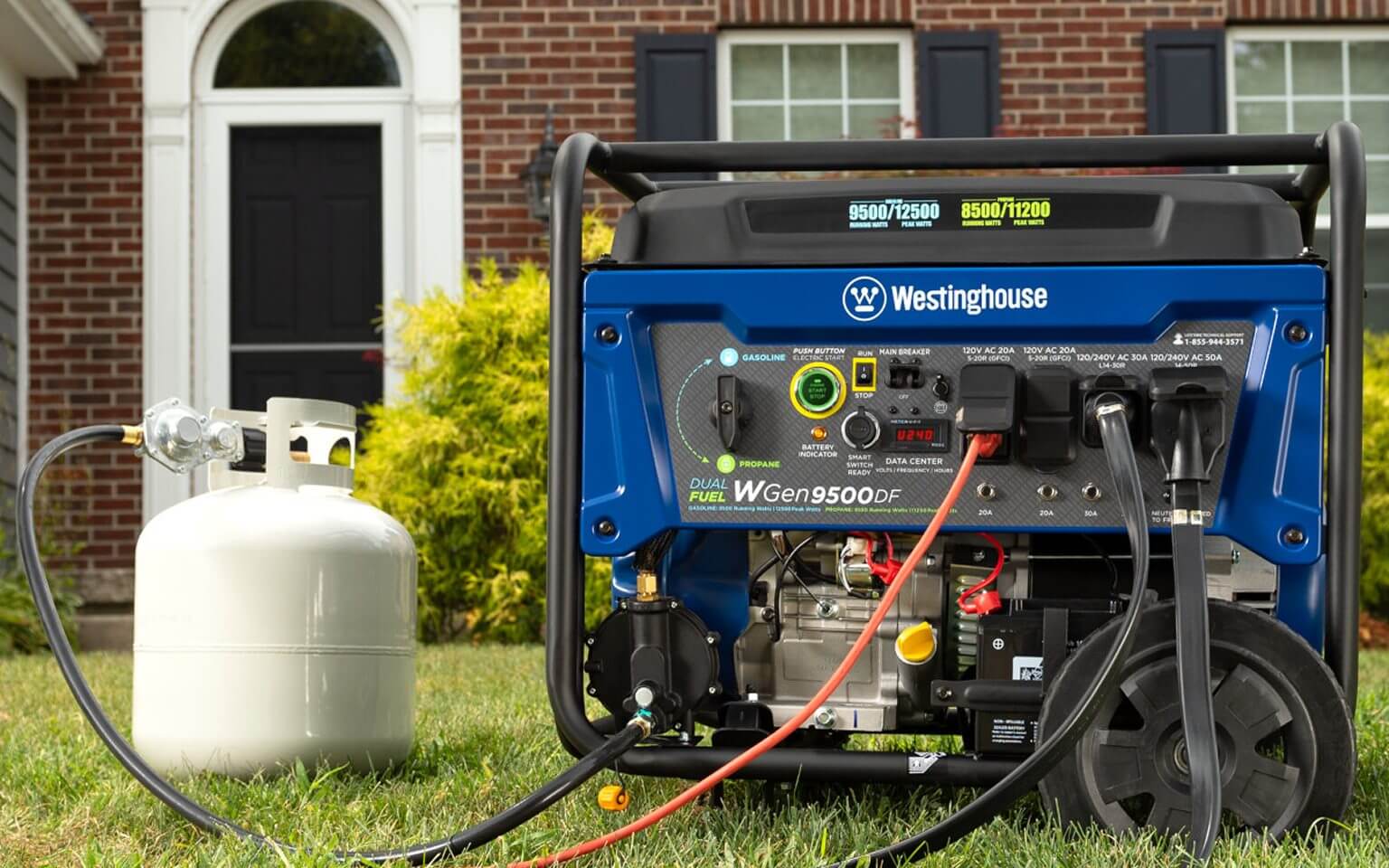Are you doing a windows project?
Modernize can pair you with three to four pros in your area, so you can compare options and save time and money.
Want to know where you can save energy in your home but don’t want to hire an energy auditing company? You can save money and a simple home energy audit yourself. Start by pinpointing these five most common ways homes lose energy.
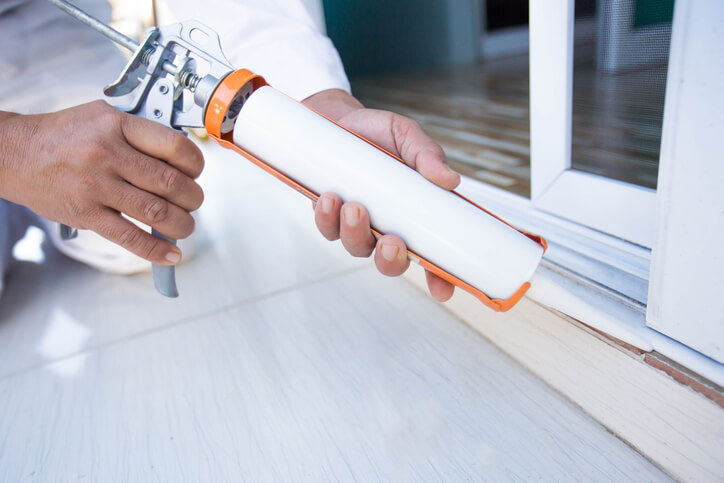
Locate air leaks
Where in your home is cold air seeping in or warm air escaping? You can perform some simple air leak detection by checking for drafts throughout your home.
Close all windows, exterior doors, and fireplace flues. Walk the perimeter of your home, paying close attention to windows and especially in the attic. Check for drafts around window and door frames, gaps along the baseboard or edge of flooring, electrical outlets, and open fireplace dampers. Mark any leaks with a piece of chalk you can easily erase later, and then come back and seal up with caulk or weatherstripping—this can result in potential energy savings between 5% and 30% per year. You can also add thermal and blackout curtains for extra insulation year round.
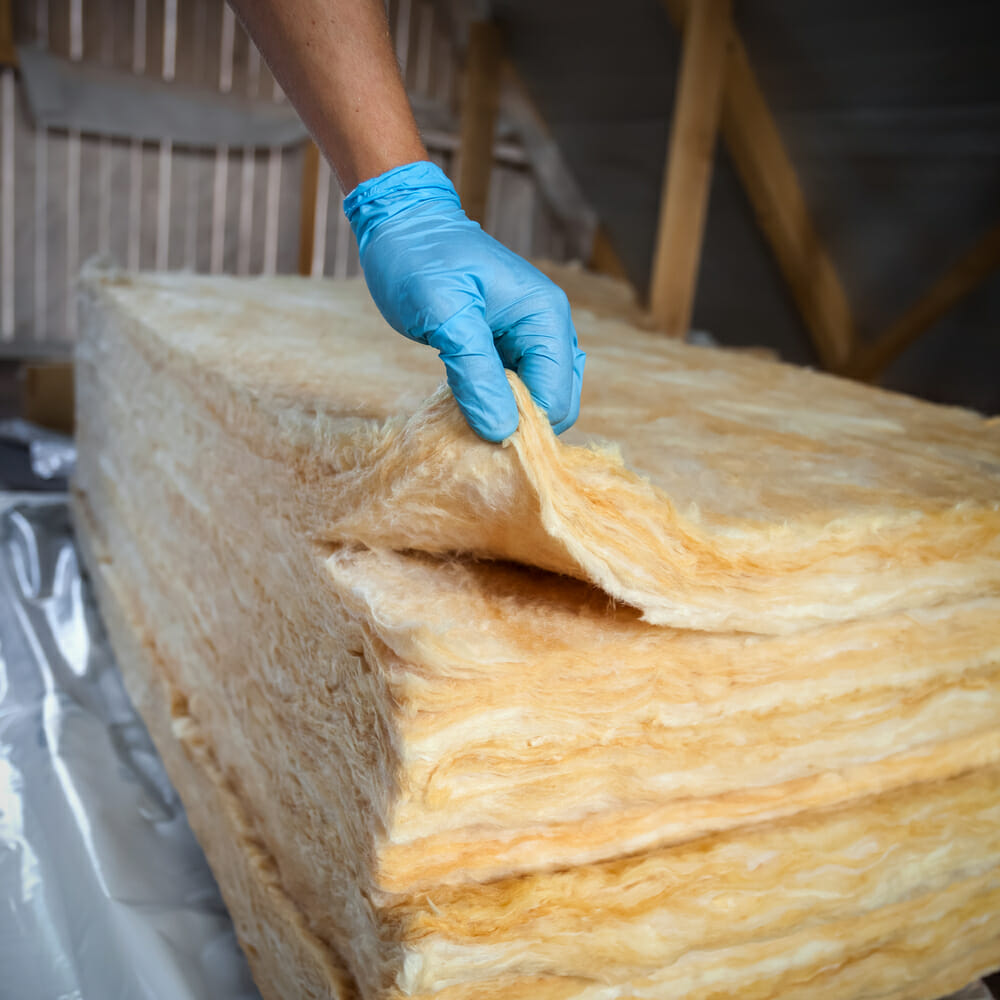
Measure your insulation
If your home is more than ten years old, it probably wasn’t built with the strict ceiling, wall, and crawl space insulation standards that are recommended/required today. You can find out how much insulation your home should have by seeing where you live on this map.
Make sure attic vents are not covered by insulation. You can add more insulation to your attic floor, ceiling, and walls yourself, or hire a contractor to do so. To check wall insulation, turn off the circuit breaker to an electrical outlet, remove the cover plate, and use a plastic straw or crochet hook to probe gently behind the outlet to find potential insulation. You won’t be able to tell if the entire wall is insulated, as it should be. If you find little or no resistance, consider calling a professional about adding wall insulation—this is much harder to do yourself than adding attic insulation.
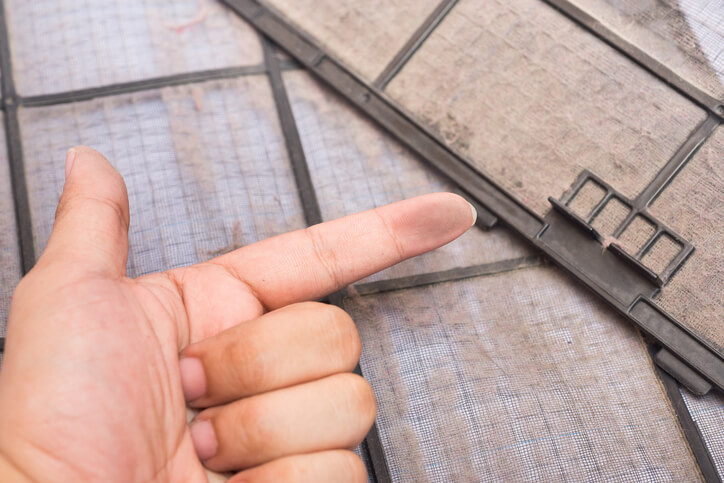
Inspect heating and cooling equipment
Is your outdoor air conditioning unit covered with dirt or vegetation? Is water pooling around your indoor HVAC system? Are your air filters dirty?
Any of these signs indicate that at the very least, you need maintenance, which will improve energy efficiency. HVAC units should be inspected annually, whether you do an energy audit or not. Air filters should be changed or washed monthly to maximize air flow and equipment performance.
Find the Right Contractor for Your Windows Project
Whether you’re ready to begin your project now or need some expert advice, our network of contractors are here to help. With a few simple questions, we’ll find the best local professionals for you
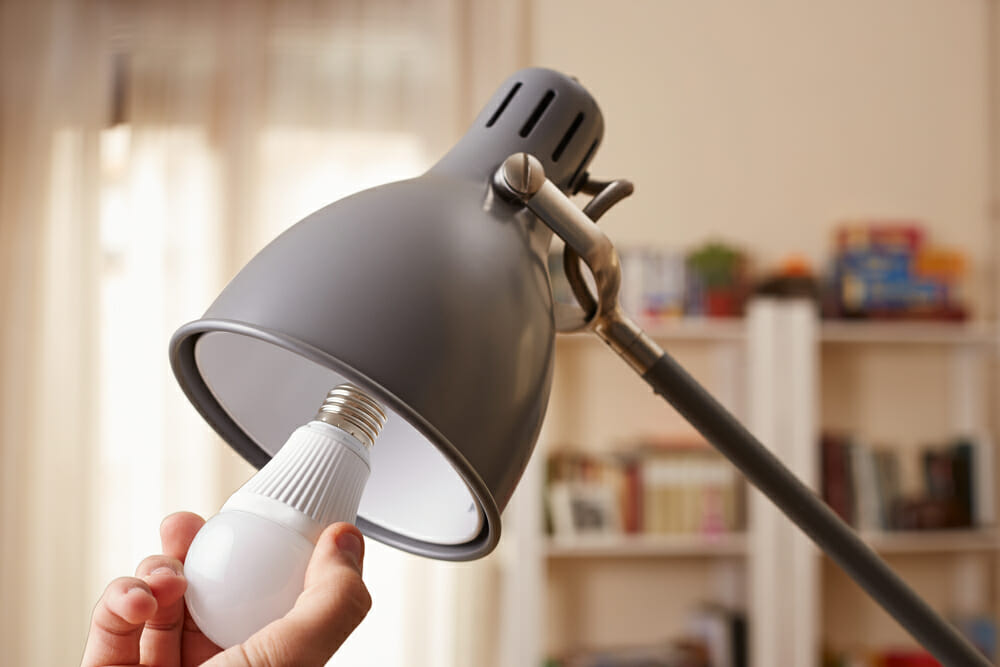
Replace light bulbs with LEDs
This is probably the simplest step you can take yourself, as well as one of the most cost effective, since lighting consumes about 9% of the electricity we use at home. Walk around your home and note each light fixture that still uses an old incandescent bulb, as well as compact fluorescents (CFL). Change out the old incandescents with new LEDs. and as the CFLs wear out, replace them with LEDs as well.
LEDs are the most efficient bulbs on the market. By using 75% less energy, they last 25 times as long as traditional bulbs, resulting in decreased energy bills. Buy LEDs when they go on sale, and check with your local utility company for discount coupons and rebates on LED purchases.
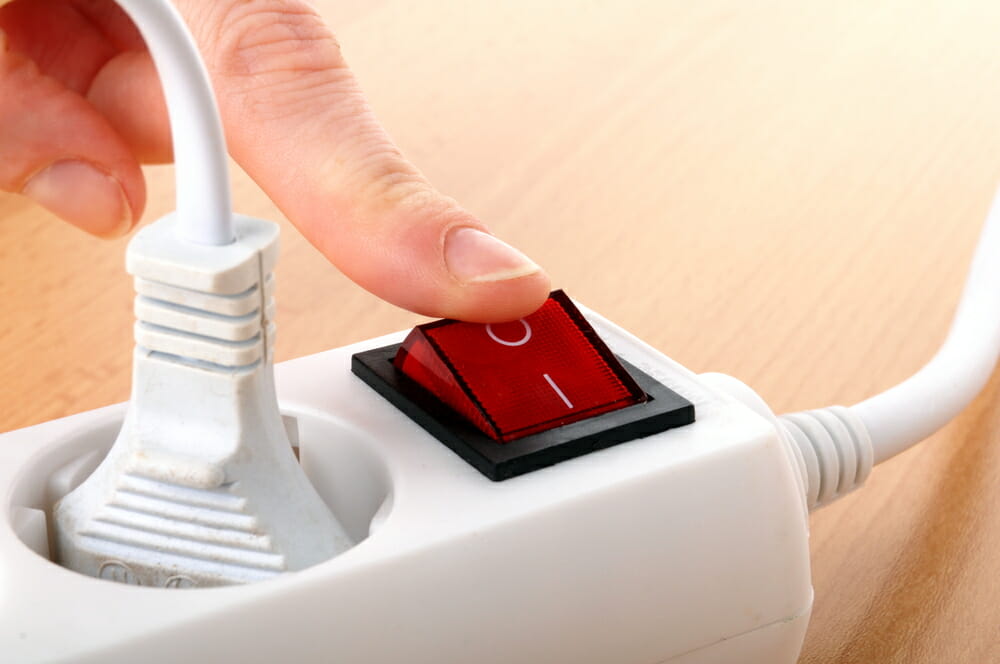
Using appliances and electronics
Many electronics are considered “energy vampires” because if they remain plugged into a socket, they keep using energy—even when they’re turned off.
While you can’t unplug a major appliance like a refrigerator, stove, washing machine, or dryer, there’s no need to keep computers, microwaves, televisions, printers, phone chargers, coffeepots, and other electronics plugged in when you’re not using them. You can unplug them one by one, but it’s easier and just as efficient to plug them into a power strip that can be turned on and off with the flick of a switch. Put a power strip in your office, by the entertainment center in your living or family room, and perhaps in a bedroom—and then plug in and remember to switch off when you leave the room. When it’s time to upgrade, get the most efficient new model you can afford that will also meet your needs.
Make a game plan
Once you take these five steps, make a “whole house” plan. Compile a checklist of the actions you need to take and set a date for when you want to have them done. Contact your local utility for discount coupons and rebates on equipment or insulation. Determine which actions—like adding insulation—shouls be performed by a professional. The sooner you audit and act, the sooner you’ll save money and energy.
What kinds of energy-efficient changes have you made at home? Share with us in the comments below!
Find the Right Contractor for Your Windows Project
Whether you’re ready to begin your project now or need some expert advice, our network of contractors are here to help. With a few simple questions, we’ll find the best local professionals for you
Reviews from Real Homeowners
Welcome to Homeowner Resources! We are the Modernize blog. Modernize pairs more than 3 million homeowners a year with pre-vetted contractors in their area. This blog started because we believe homeowners should know everything about their homes, from how their HVAC works to which front door colors they might love. On Homeowner Resources, you can find information on every part of your home, right down to how you can negotiate with contractors to get the best price. Here's more about the blog.
Need a contractor? Learn more about how Modernize finds the right pro for you.

